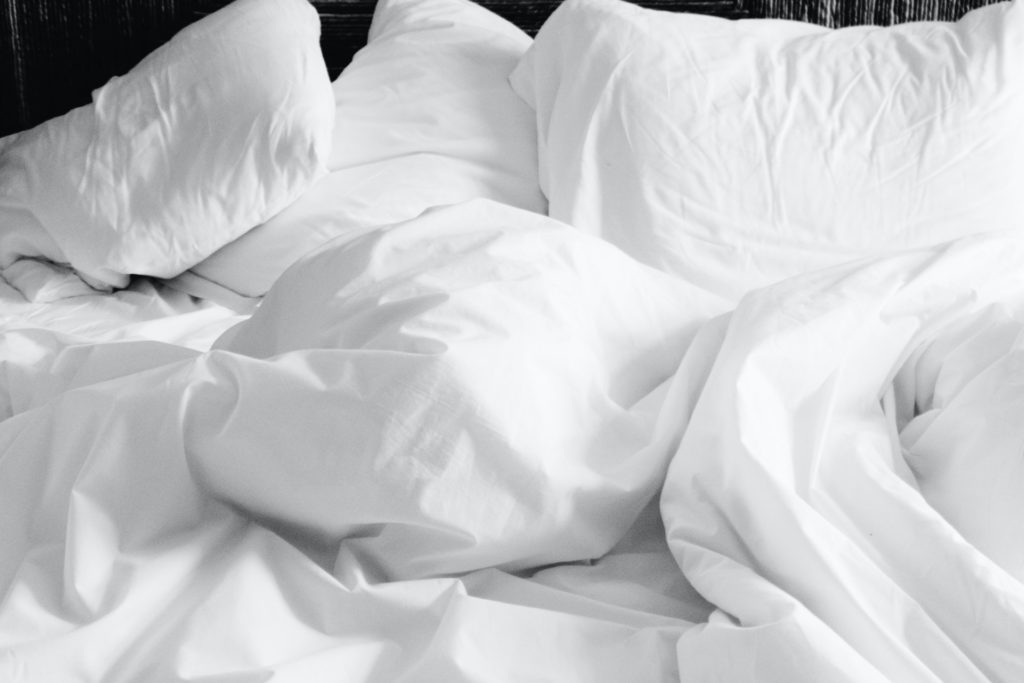Insomnia is one of the top concerns for people in withdrawal or addiction recovery, and it can lead to anxiety, depression and an increased chance of relapse.
At Health Care Resource Centers (HCRC), we want to help you reclaim your sleep and peace of mind while maintaining your sobriety. Understanding the link between addiction and sleep deprivation is crucial to overcoming it in the long-run.
Addiction and Sleep Deprivation: What’s the Relationship?
Despite common beliefs, alcohol is a typical disruptor of sleep. Yes, consuming alcohol before sleep may help you unwind, but when its relaxing effects wear off, it can prevent you from enjoying a full night’s rest. Why? Alcohol can keep individuals from falling into deep rapid eye movement, or REM, sleep. It can also increase the number of times you wake up during the night.
Sleep problems are also a common complaint among illicit drug users. Stimulants such as amphetamines, cocaine and methamphetamine can inhibit your body’s ability to relax. Withdrawal from opioids, cocaine and marijuana can cause significant disruptions in sleep, sometimes for weeks or months.
Sleep Disturbances Caused by Substance Addiction and Alcohol
There is a wide range of sleep problems brought on by alcohol and substance addictions, including:
- Excessive fatigue.
- Disturbances in sleep cycles.
- Trouble falling and staying asleep.
- Sleep apnea.
Side Effects of Sleep Deprivation in Addiction Recovery
The number one concern for those in addiction recovery suffering from sleep disturbances is relapse. Facing insomnia in recovery can lead to side effects such as:
- An increased risk of depression.
- Anxiety.
- An inability to find sobriety comfortable.
- Irritability.
- Mood swings.
- Hallucinations
Tips for Sleeping Better After Addiction
Getting quality sleep is essential to your well-being — especially if you are recovering from addiction. If you find you are having trouble sleeping during addiction recovery, you are not alone.
There are numerous ways you can promote healthy sleep patterns while your mind and body undergo healing, including:
- Begin an exercise regimen, but avoid exercising before bedtime.
- Find a relaxing bedtime ritual that works for you — take a warm bath, read or meditate.
- Create a regular sleep schedule and try to stick to it — even on the weekends.
- Eliminate all sources of light, including electronics, before going to bed.
- Try to get outside as much as possible during the day. Exposure to natural, bright light has been shown to promote a better sleep cycle.
- Concentrate on tensing and releasing your muscles before sleep to help your body release stress and prepare for bed.
- Engage in mindful meditation which helps induce a state of restful alertness that releases tension, reduces stress and increases sleep potential.
- Avoid nicotine, caffeine and large meals before bedtime.
Find Out More About How to Sleep Better in Recovery
If you want to sleep better during addiction recovery, there’s help available. HCRC helps patients in New England recover from opioid addiction. Please contact our staff online for more information about our services or tips for better sleep.




